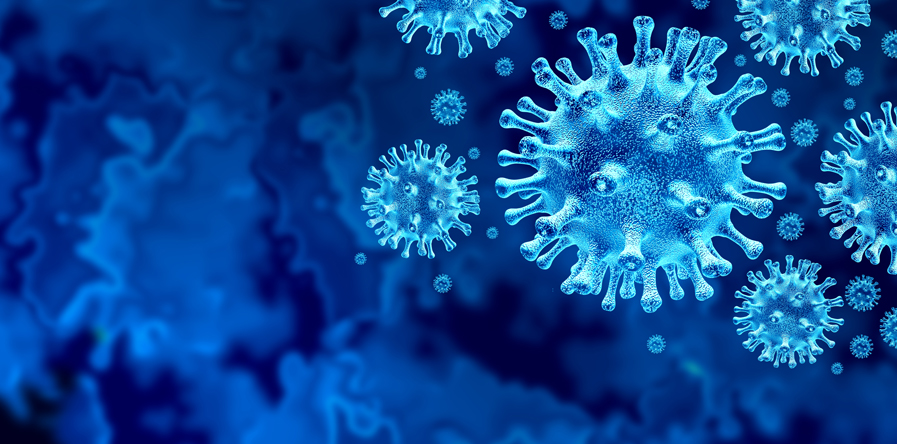That depends on a number of different things. First, if you have a fever, cough and shortness of breath, you might consider getting tested since these are the hallmark symptoms of COVID-19.
If you aren’t sick, you still might need a test if you are at high risk of being infected. That category of people includes health care workers and anyone living with or caring for someone who is infected. Your exposure means you have a higher chance of getting the disease. Getting tested and knowing if you are positive means you can self-isolate and take other precautions in order to prevent spreading the virus to others.
Remember, however, that while you can ask for a COVID-19 test, you still need a doctor to authorize it. Even at-home test kits require you to connect with and answer questions with a telehealth doctor first, who will decide if you need the test.
At this point in time, due to limited availability of tests, the focus is on using testing to identify who is positive and in need of urgent medical care. It’s also important for knowing who is positive and therefore can spread the virus to others. As cases start to subside, the latter group will become more important as public health experts turn to testing as a way to control new infections. Testing will tell them who can return to work once shelter-in-place orders are lifted, and who, if they are positive, still need to self-isolate at home.—Alice Park
For more on testing:
- Why Can’t I Get a Coronavirus Test?
- An At-Home Coronavirus Test Is On the Way
- A Two-Hour Test Has Been Submitted to the FDA for Review

